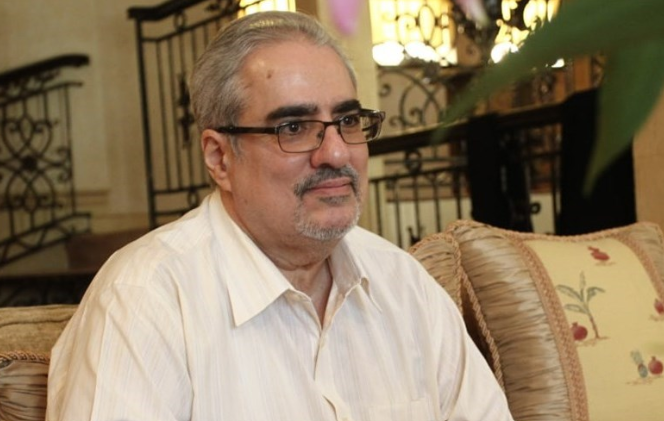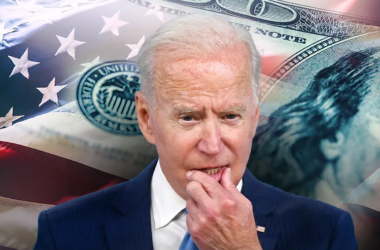Bahrain, a Gulf kingdom, has detained Ebrahim Sharif, a prominent opposition figure and former leader of the disbanded National Democratic Action Society. His arrest follows his criticism of Bahrain’s involvement in an international maritime task force aimed at preventing Houthi militia attacks on ships near Yemen. This move has intensified discontent in Bahrain, particularly over its diplomatic ties with Israel, established in the 2020 Abraham Accords brokered by the United States. The arrest sheds light on the challenges faced by American-allied Arab rulers grappling with public anger towards the U.S. and Israel.
Ebrahim Sharif, known for his leftist activism, was arrested on Wednesday after expressing dissent regarding Bahrain’s participation in the U.S.-led maritime task force announced earlier this week. His criticism centered on the government’s decision, made without considering the sentiments of the Bahraini people, as he highlighted the connection between the country’s foreign policy and American interests. Bahrain, the only Arab nation to join the task force, has witnessed growing support for Palestinians and increased hostility towards Israel and the United States, particularly amid the ongoing conflict.
The maritime task force, established to counter Houthi attacks on ships in the Red Sea, has drawn attention to Bahrain’s alignment with American strategic interests. The Houthi militia, backed by Iran, claims that their attacks aim to compel Israel to cease its bombardment of Gaza and ensure the unrestricted flow of aid into the enclave. Sharif’s critique on social media led to his arrest, emphasizing the authoritarian nature of Bahrain’s response to dissent and the complexities of navigating regional alliances.
Sharif’s arrest was prompted by his social media posts on Tuesday, where he condemned Bahrain’s “unelected government” for its decision to join the task force. He expressed concerns about the country’s foreign policy being tethered to American interests and thanked “brothers in Yemen.” The Bahraini government, responding to his detention, cited allegations of supporting a proscribed terrorist organization without specifying the group. Legal rights are claimed to be protected, but the arrest raises concerns about freedom of expression in Bahrain.
International human rights organizations, including the Bahrain Institute for Rights and Democracy, have condemned Sharif’s arrest, asserting that he was detained for exercising his right to peaceful expression. Advocacy groups urge the U.S. government, a partner with Bahrain, to call for his immediate and unconditional release. The State Department, however, has not yet responded to requests for comment.
The arrest of Ebrahim Sharif and the subsequent public outcry underscore the complexities of Bahrain’s internal dynamics and its external relations. Bahrain’s alignment with the U.S. in the maritime task force has intensified discontent, leading to calls for protests. The ongoing situation raises questions about the role of American allies in diplomatic initiatives and the delicate balance between geopolitical alliances and domestic sentiment.
The detention of Ebrahim Sharif in Bahrain reveals the challenges faced by the government in managing internal dissent amid its alignment with U.S. strategic initiatives. As tensions escalate over Bahrain’s participation in the maritime task force, the arrest of a prominent opposition figure underscores the delicate nature of navigating international alliances while addressing domestic concerns. The evolving situation will likely have repercussions on Bahrain’s internal stability and its relationship with the United States, contributing to the broader discourse on diplomatic decisions in the Middle East.








